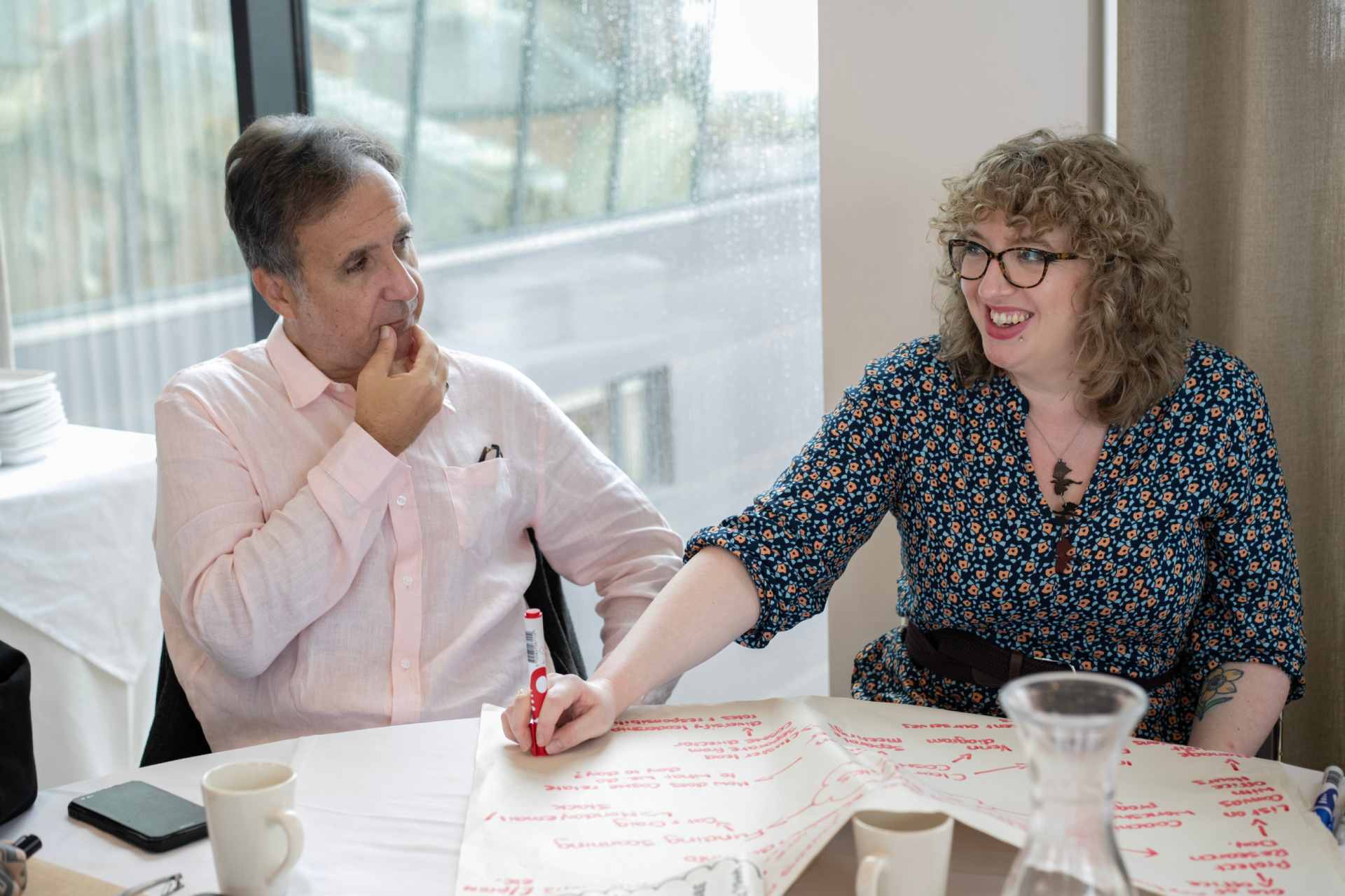MA Digital Media, Data and Society
Join the MA Digital Media, Data and Society if you have an interest in the risks and the opportunities that emerge from the increasing use of digital data in our society.
The programme aims to provide you with an introduction to the approaches that are used for the collection and analysis of digital data, such as data mining and machine learning. We particularly aim to develop a critical skillset for understanding and questioning the political, economic, moral and societal implications of the use of digital data in contemporary society.
The programme has a strong interdisciplinary focus, with elements from communication studies, computer science, and sociology. It aims to provide you with the opportunity to develop an in-depth knowledge of the dimensions that permeate the use of digital data. We will focus on topics such as big data capitalism and surveillance, the changing digital audience practices, and digital media infrastructures; as well as methods that allow you to use tools for digital data collection, digital media analytics, and data visualisations.
The MA provides a critical and technical overview on digital data, but it is also intended to answer the needs of students who wish to master skills and expertise as a means to building a career in the field of digital media and data analysis; and improve employability skills for a career in the broader digital sector or for further academic research on the topic.

Why Communication and Media at the University of Liverpool?
The Department of Communication and Media employs around 35 permanent staff who work on a wide range of interdisciplinary research on topics. Find out more.